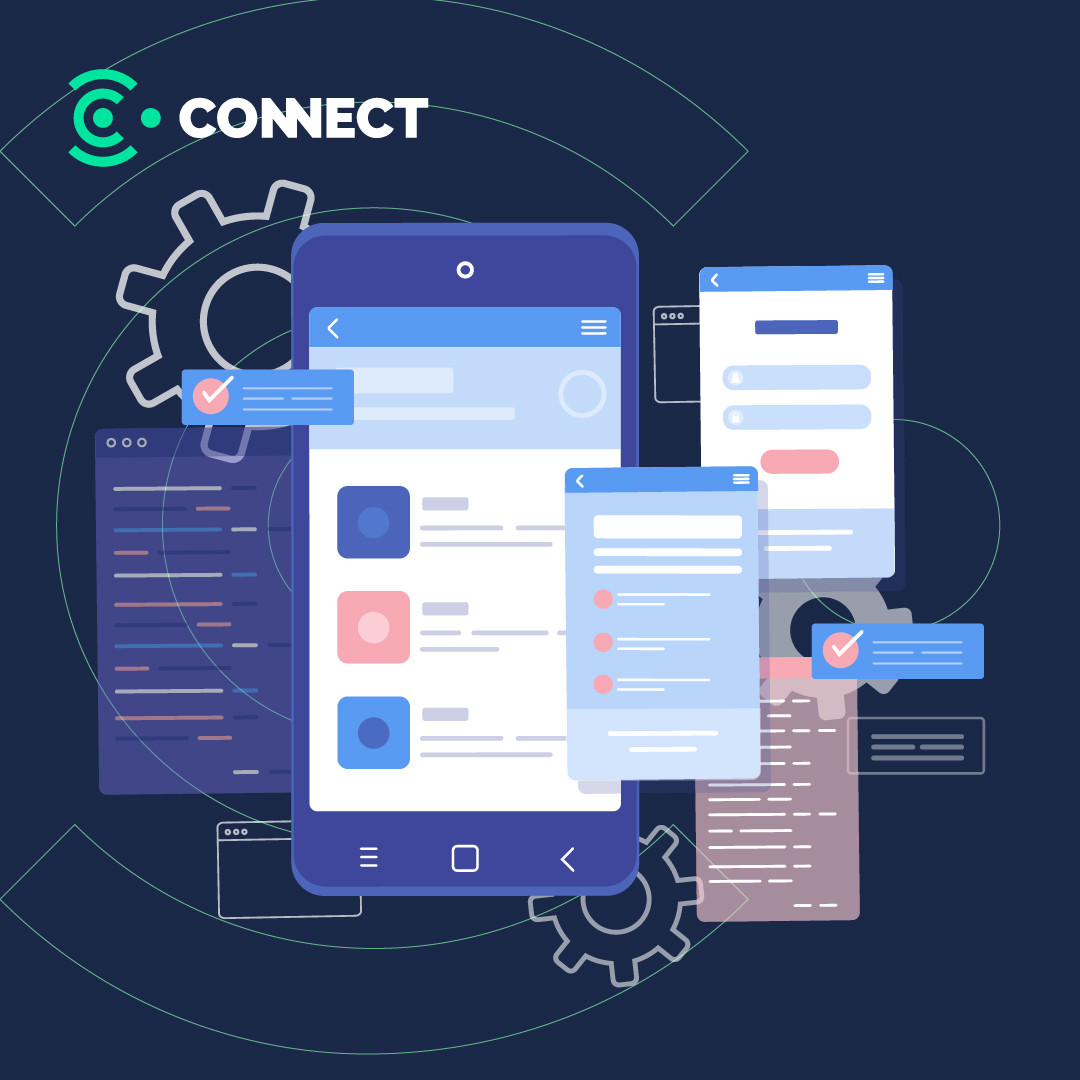introduction:
In our current era, mobile applications have become an integral part of our daily lives, as they play a pivotal role in managing e-marketing activities. These applications provide e-marketers with a set of tools and features that help them implement their marketing strategies efficiently and effectively. In this article, we will explore several essential mobile applications to enhance the management of e-marketing activities.
1. Content management applications:
Content management applications play a vital role in the e-marketing process. These applications enable marketers to easily create, edit and organize digital content. For example, WordPress is one of the most popular content management applications that is widely used in website and blog development. Applications such as Canva and Adobe Photoshop are also useful for creating attractive visual content for use in digital marketing campaigns.
2. Social media management applications:
In the world of e-marketing, social media is the key to success. Social media management applications provide marketers with effective tools to manage their presence on various social media platforms. Apps like Hootsuite and Buffer enable marketers to schedule posts, track interactions, and analyze the performance of campaigns on various social media platforms.
3. Email applications:
Email is an effective tool for electronic marketing. Mobile email apps help marketers manage email campaigns efficiently. Applications such as Gmail and Outlook provide features such as sending and receiving email, managing email lists, and tracking user interactions.
4. Customer Relationship Management (CRM) Applications:
Customer relationship management (CRM) applications help e-marketers organize and track interactions with customers. These applications provide features such as a customer database, customized marketing plans, and analytics about customer behavior. Examples of these applications include Salesforce and HubSpot.
5. Data analysis applications:
To understand the success of e-marketing campaigns, marketers need data analysis applications. These applications provide valuable insights into user behavior, traffic sources, conversion rates, and campaign performance. Applications such as Google Analytics and Adobe Analytics are prominent examples of data analysis applications.
6. Electronic advertising applications:
Electronic advertising applications play a vital role in managing advertising campaigns on digital platforms. These applications provide marketers with tools to create, manage, and track the effectiveness of ads across different channels. Examples of these applications include Google Ads and Facebook Ads Manager.
7. Project management applications:
In a dynamic digital marketing environment, project management applications help teams coordinate and collaborate more effectively. These applications provide features such as task scheduling, tracking, and reporting. Examples of these apps include Trello and Asana.
8. Productivity and Collaboration Apps:
To ensure effective coordination and collaboration between e-marketing teams, productivity and collaboration applications play a vital role. These applications provide features such as file sharing, interactive comments, and chats. Examples of these applications include Google Workspace and Microsoft 365.
9. Video and live streaming applications:
In the era of growing visual content, video and live streaming applications have become essential to a successful online marketing strategy. These applications allow marketers to create, edit and broadcast video content across digital channels. Examples of these apps include YouTube and Instagram Live.
10. Statistics and analytics applications:
To measure the success of e-marketing campaigns, marketers need statistics and analytics applications. These apps provide valuable data about engagement, interaction, and conversion. Examples of these applications include Google Analytics and Facebook Insights.
Ideal mobile applications for managing and implementing online marketing strategies
In the era of digitization and digital transformation, mobile applications have become an essential tool in managing and implementing online marketing strategies. Mobile applications allow marketers to reach and communicate with their target audience anytime and anywhere, which helps them increase their effectiveness
Their digital marketing campaigns. In this article, we will explore some of the best mobile apps ideal for managing and implementing online marketing strategies.
Social media management:
Mobile applications are an effective tool in managing social media for marketing purposes. Through apps like Hootsuite, Buffer, and Sprout Social, marketers can schedule posts, analyze performance, and interact with followers on different platforms like Facebook, Twitter, and Instagram through their mobile phone. These applications also enable them to manage deployments and reporting simultaneously.
Marketing content creation:
Mobile apps not only manage social media but also help in creating engaging marketing content. With apps like Canva, Adobe Spark, and InShot, marketers can easily create visuals like photos and short videos on their mobile phones. These applications provide ready-made templates and various effects to create creative and effective content for marketing campaigns.
Email management:
Email is still one of the most important digital marketing channels. So, mobile apps are useful in managing email campaigns. Using apps like Gmail, Outlook or Mailchimp, marketers can send emails, schedule posts, and analyze open and click-through rates.
Advertising campaign management:
Mobile applications are a powerful tool in managing advertising campaigns on various platforms such as Google Ads and Facebook Ads. Through apps like Google Ads and Facebook Ads Manager, marketers can create, plan and analyze the performance of smartphone ads. This gives them greater flexibility in managing and adjusting advertising campaigns based on available data.
Marketing data analysis:
Mobile applications enable marketers to quickly access analytical data for their marketing campaigns. Using applications like Google Analytics and Adobe Analytics, marketers can track key performance indicators such as visit and conversion rates and user behavior on various digital channels. This data helps them make informed decisions to improve their marketing strategies.
Creating and managing blogs:
Mobile apps make it easier to create and manage blogs as part of a content marketing strategy. Through apps like Wordpress and Medium, marketers can publish articles and edit content from their smartphones. These applications also provide the ability to manage comments and interact with readers via mobile.
Sales and customer relations management:
Mobile applications provide effective tools for managing sales operations and dealing with customers. Using apps like Salesforce and HubSpot CRM, marketers and sales can track sales opportunities, manage databases, and coordinate marketing and sales activities from their smartphones.
Project and activities management:
Mobile applications also provide the ability to manage projects and marketing activities efficiently. Through apps like Trello, Asana, and Monday.com, marketers can organize tasks, manage schedules, and track progress on various marketing projects.
Communication and collaboration:
Mobile applications facilitate communication and collaboration between marketing teams. Using apps like Slack and Microsoft Teams, marketers can engage in discussions, share files, and coordinate work more effectively from their mobile phones.
Creating and managing online stores:
If an online store is part of the marketing strategy, mobile applications can help create and manage these stores. Apps like WooCommerce and Shopify provide marketers with the ability to manage products, process orders, and track sales through their smartphones.
Conclusion:
In the era of digital transformation, mobile applications have become an essential tool for managing e-marketing activities effectively. From content management to analytics, there are a variety of applications that marketers can leverage to enhance their marketing efforts. By relying on these applications, e-marketers can improve the efficiency and effectiveness in managing their marketing campaigns and achieving their business goals.
In the era of digitization, mobile applications have become an essential tool in managing and implementing online marketing strategies. Through these applications, marketers can manage social media, create creative content, manage email and advertising campaigns, analyze marketing data, and coordinate marketing activities very efficiently. By adopting these various applications, marketers can achieve their marketing goals more effectively and efficiently.



